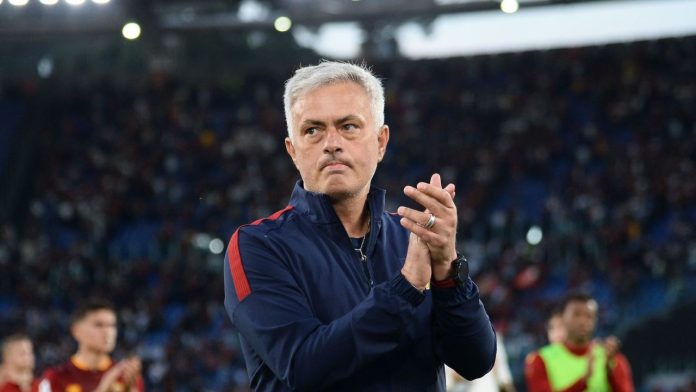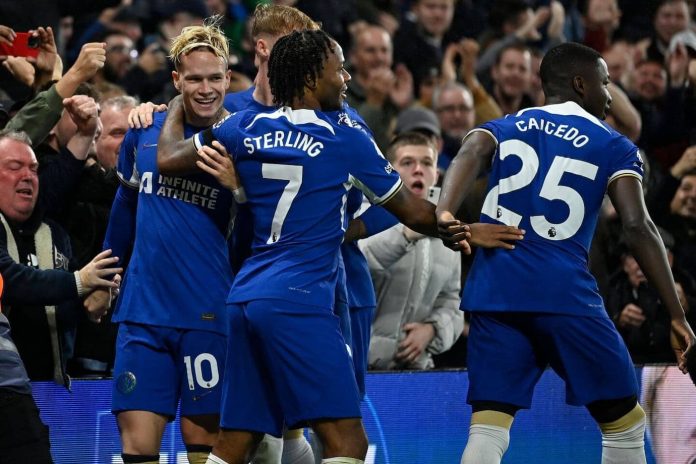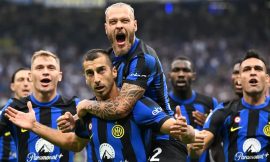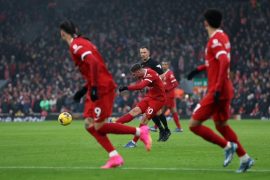Are the “Special One’s” powers waning? Jose Mourinho made history with Roma just over a year ago to complete a unique European trophy haul, but his infamous ‘third-season syndrome’ appears to be creeping in.
There is an awful lot of noise to block out for a man who last week claimed he “doesn’t read the news or watch TV.”
The self-proclaimed “Special One,” a nickname he has tried to distance himself from in recent years, turned down one of the most lucrative managerial jobs in football over the summer.
The reported proposal to manage in Saudi Arabia was believed to be worth €30m-per-year, and would’ve followed not long after a painful defeat in Budapest as I Giallorossi fell on penalties against Sevilla in the Europa League final.
Fleeing Rome was never in his plans. That is not the Mourinho that has enjoyed an overwhelming amount of success as a manager. As he put it in the same interview mentioned earlier, he “turned that down [Saudi proposal] because I had given my word to the players, the ownership and the fans.”
Fast-forward five months from that final, and Roma find themselves all the way down in 13th. That is despite outscoring 17 of the 19 other teams in the Serie A, but just two wins from their seven games so far appears to have kicked the Italian press into overdrive.
The front pages of newspapers in Rome hold a rather bleak view on Mourinho’s future. The vast majority are adamant that anything less than a win at Cagliari on Sunday will force the club’s American owners into cutting his tenure short, less than 10 games into the season.
Jose Mourinho didn’t miss the chance to remind everyone of his Roma achievements despite their start to the season 😅 pic.twitter.com/AMHSmQlN2d
— ESPN FC (@ESPNFC) September 29, 2023
What Has Gone Wrong This Season For Roma and Mourinho?
In Jose Mourinho’s case, there are no rewards for loyalty.
For a man who has lifted 26 titles across his 20-plus years in management, he finds himself in uncharted waters after enduring his worst ever start to a league season.
The humiliating 4-1 defeat away at newly-promoted Genoa at the end of September is perhaps the best reflection of Roma’s problems.
A blunted attack, which is made less effective by Mourinho’s insistence on playing five at the back – or three in possession – managed just three shots on target in a game where they utterly dominated the ball (71%).
Two wins on the bounce against Frosinone and an almighty confidence booster in midweek against Servette may propel them forward into a period of change, but it is hard to ignore the eight points from a possible 21.
In typical Mourinho fashion, much like a certain ex-Tottenham manager, he is quick to remind the fanbase and the media of Roma’s limited resources – the owner’s estimated $5.7 billion net worth would suggest otherwise.
It certainly doesn’t explain losing to Genoa and Verona, or dropping points at home to Salernitana. Add to that the succession of notable, experienced additions over the summer – Renato Sanches, Leandro Paredes, Evan Ndicka and Houssem Aouar – and you are left with less and less excuses for their lacklustre start.
Suggestions that Mourinho’s well-documented ‘third season syndrome’ has already taken a hold is a popular storyline many are running with. What this entails is somewhat ambiguous, but there is no denying the pattern that emerges when looking at his resumé.
His second stint at Chelsea came to an end after three years, so too in a tempestuous tenure at Manchester United. Real Madrid can also be added to that list after only managing to lift the Supercopa that year.
There is no denying Mourinho is one of the finest managers to ever grace this sport. But is he still? Do characters moulded in the shape of Mourinho, Antonio Conte, Sir Alex Ferguson still have a place in modern football?
Success follows him wherever he goes, but it is often short-lived. Playing under Mourinho, who can be a grating, ultra-demanding presence, is likely to take its toll eventually.
The kind of nurturing environments Ange Postecoglou and Mikel Arteta have managed to cultivate in North London appear to be what is required in a rapidly changing landscape, with football so saturated by money and social media.
Will Mourinho be able to turn it around? Two consecutive wins has certainly inspired hope, but the Italian press are probably correct when billing this weekend’s clash in Sardinia as make or break.
A telling sign of Roma’s impatience was an end to a run of 36 consecutive sold-out home matches in their victory over Frosinone, the implications of which will be no doubt passed onto the owners.
Related Football Content
- Football Betting Tips 2023 – Latest Picks & Football Tips
- Football Predictions October 2023
- Football Accumulator Tips 2023 – Latest Acca Betting Tips
- Best Correct Score Tipsters on Telegram & Social Media 2023
Add Sportslens to your Google News Feed!







